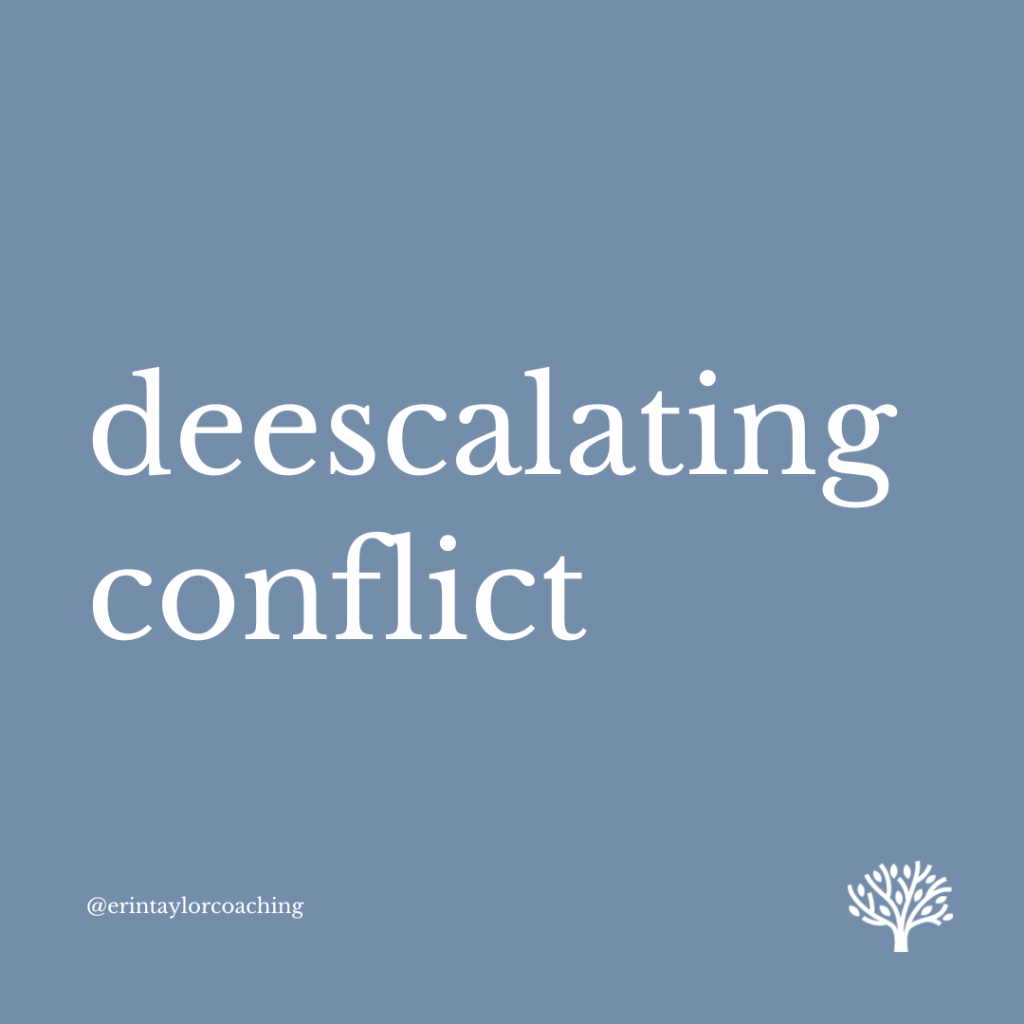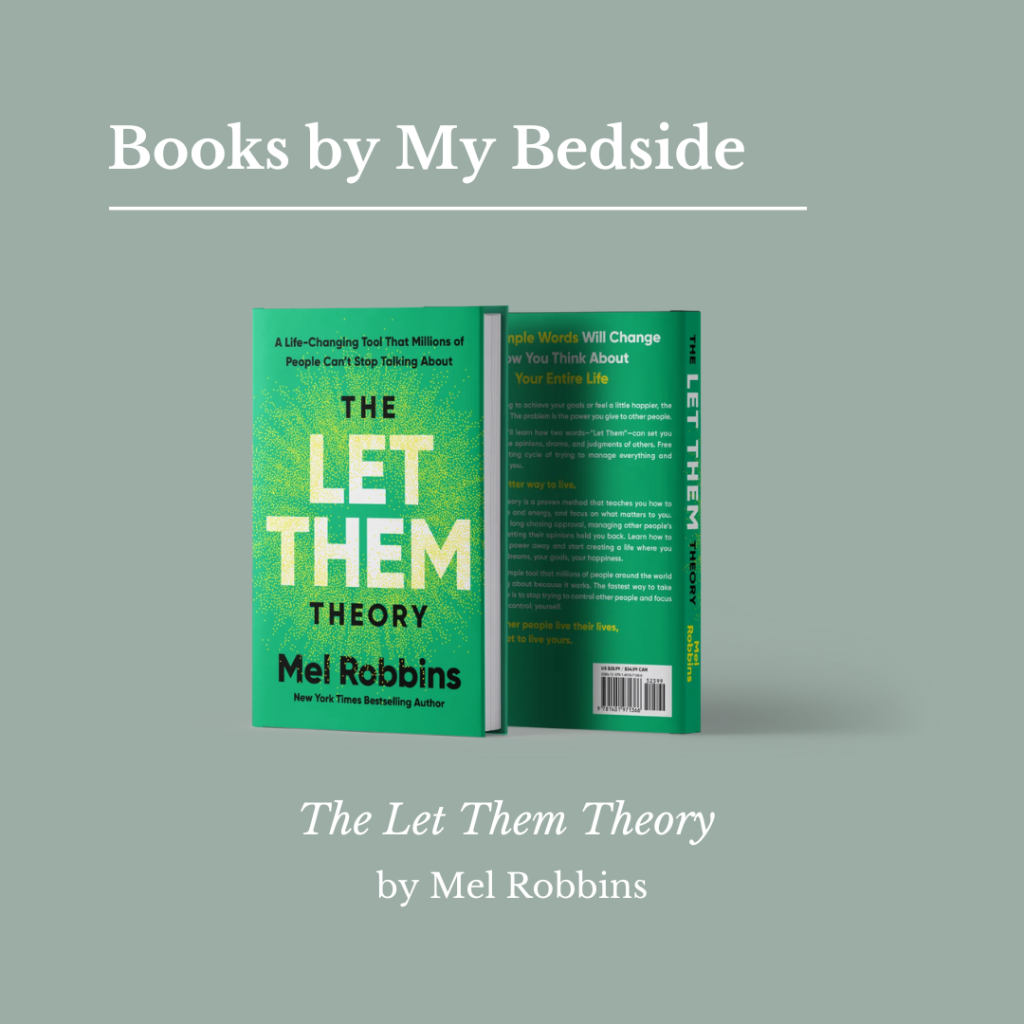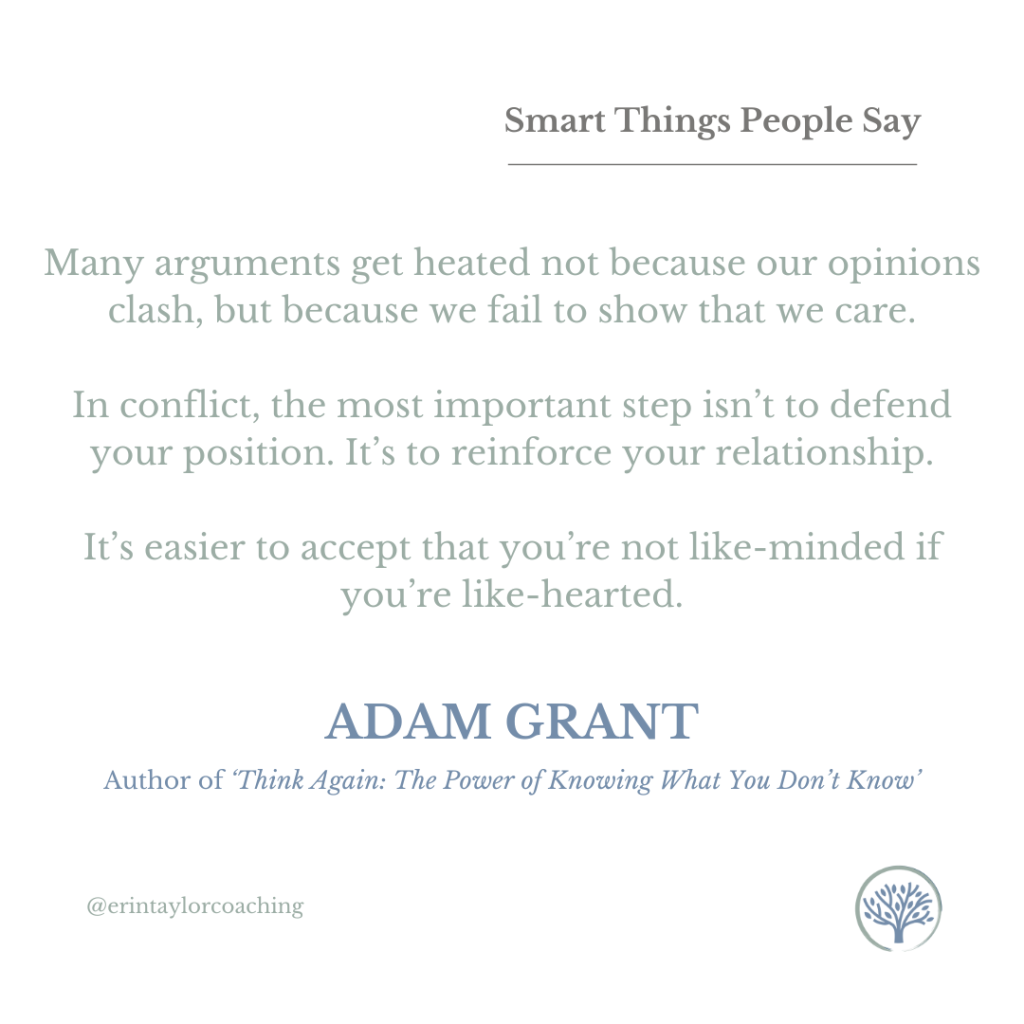
Warning – I’m going to talk about politics…but it’s going to be ok.
It’s not just the book club story that troubles me—another friend recently shared about the polarizing discord surfacing in her dinner group. These friends, who have known each other for decades, raised their families together, worked together, and found each other in later years, formed a close-knit circle. A circle that takes care of one another, brings soup, visits when sick, and celebrates those precious annual trips around the sun. And now, it’s being torn apart.
I recently had a disheartening conversation with a friend who shared that her cherished monthly book club is falling apart due to political differences. This group, which has been meeting for years, consists of members from various states who are bonded by their decades-long friendship and love of sharing books. Unfortunately, it’s now crumbling because of politics – or shall I say, because of an unwillingness to look beyond the politics.
I can’t shake the feeling that these are not isolated events. Our nation is deeply divided, with people feeling anger, a desire to be right, and a need to have their voices heard. This tension is causing individuals to lash out at one another, and as a result, cherished things like book clubs and friendships are becoming unintended casualties.
Contempt…
Disgust…
Incivility…
Intolerance…
Enemies…
Dehumanization…
Hate…
Repulsion…
Anger…
Fear…
Self-righteousness…
Block…
Unfriend…

Sound familiar?
Our world feels more divided than ever, and the situation shows little sign of improving. Gone are the days when we could debate issues and then share a meal together. Now, even discussing issues over dinner is often discouraged. Instead, we focus on proving why we are right and others are wrong. We no longer listen to understand; we react and dismiss not just ideas, but the people behind them.
I’ll admit, I often find it challenging to understand how others can support political views that differ from mine. But what concerns me even more is how we are treating one another. We’re not mindful of how we communicate and we’re not listening. Instead, we’re fixated on proving our point, cutting people off, and creating an “us versus them” mentality.
As someone deeply passionate about politics, with nearly 23 years of experience as a registered lobbyist, I’ve seen almost everything. I encourage everyone to get involved in the political process. Yet, the current climate unsettles me. The old adage, “It’s not personal, it’s politics,” seems to be fading. Politics has become deeply personal, and with it, our sense of community and connection is slipping away.
Personally, I find it deeply unsettling. This newsletter marks the beginning of a four-part series where I will thoughtfully explore how mindful behavior habits can transform the political landscape in America—one conversation at a time.
We already have the tools we need: awareness, non-judgment, human connection, openness, and vulnerability. Mindfulness is about being fully present and aware of what’s happening in the moment, without judgment. It transcends partisanship and religion—it’s simply about embracing our shared humanity.
Books by My Bedside

The Let Them Theory by Mel Robbins. On page 37 Robbins writes, “We all have moments where we try to control the world around us – especially when we feel hurt, left out, annoyed, or afraid.” Let Them is about consciously allowing others to make their own choices and live their lives, without feeling the need to manage or influence their behavior…It allows you to focus on yourself, because that’s where your true power is.”
She goes on to write, “My point is simple: Adults will have negative opinions about you and everything you do. Let Them judge. Let Them react. Let Them doubt you. Let Them question the decisions you are making. Let Them be wrong about you. Let Them roll their eyes when you start posting videos online or you want to rewrite the manuscript for the 12th time. Instead of wasting your time worrying about them, start living your life in a way that makes you proud of yourself. Let Me do what I want to do with my one wild and precious life.”
Let them…Let me. Good stuff.
Call to Action
1 – Everyone We Meet Is Our Teacher
For every conversation, relationship, or circumstance – consider the opportunity to learn more about yourself for each interaction. Where is your mindset going into the conversation? Especially if you know it is going to be difficult? Do you have negative thoughts are running through your head? Are you holding assumptions? What behaviors do you employ to act on those thoughts (triggers)? Weaving mindfulness into the world of politics is an invitation to make it less about YOU and more about WE.
2 – Responding vs. Reacting
Before you act irrationally or impulsively, take a breath. Simply take a breath. That micro moment will allow you to regroup and respond with a more appropriate reply, even if it is to end the conversation or pivot.
3 – Deescalating Conflict
· Listen – really, listen. Most people need to feel heard – “Thank you for sharing…”
· Respond empathetically – “It sounds like this is important to you”
· End the conversation/divert/detour (when feeling threatened or triggered)
“It’s clear this issue is an important issue, but I see things differently.”
“I’m not sure we are going to agree. Let’s come back to this at another time…”
In a recent Mel Robbins podcast titled “How to Handle Difficult People & Take Back Your Peace and Power” (interview with Jefferson Fisher), Fisher gives some good ideas on how to de-escalate arguments, difficult conversations and remember your boundaries. Remember, you don’t have to accept every invitation to an argument or disagreement. Here are some takeaways…. it’s worth a listen.
- “I could have done better.”
- “Is this something we have to agree on?”
- Tell them what you learned or what you agree on – let them know you heard what they are saying…
- “I learned this from what you said…
- “I agree this is an important issue…
- “Maybe so…
- “Maybe you’re right…
When you are repelled by someone’s viewpoint, what’s next?
Mindful Moments
This exercise comes from the book Beyond Your Bubble – How to Connect Across the Political Divide by Tania Isreal, PhD. Grab your computer or a notebook and a quiet few minutes and see how this sits with you.
- First, choose an issue to focus on where there are clearly two sides to an issue. Maybe something that just came up in a heated conversation about politics.
- Then write for 3-5 minutes about people who believe in the opposing position. Allow yourself to express as much anger, frustration, or confusion as you feel.
- After that, shift your perspective. Pretend you are the person on the other side. Try to imagine what they think and feel about people like you. Once you’ve done this introspection, write for 3 to 5 minutes as if you were them writing about people who hold your beliefs. Express yourself with as much anger, frustration, and confusion as they might feel about you.
- Next, you’re back to being yourself. At this point, write as many reasons as you can think of that someone might hold views on this issue that are different from your own. You might consider their experiences, values, or other things that would lead them to different conclusions on this issue.
- Finally, consider how you felt about people on the other side of this issue before you did the activity and reflect on how you feel about them now. Do you notice any new insights about them or any shift in your feelings toward them?

